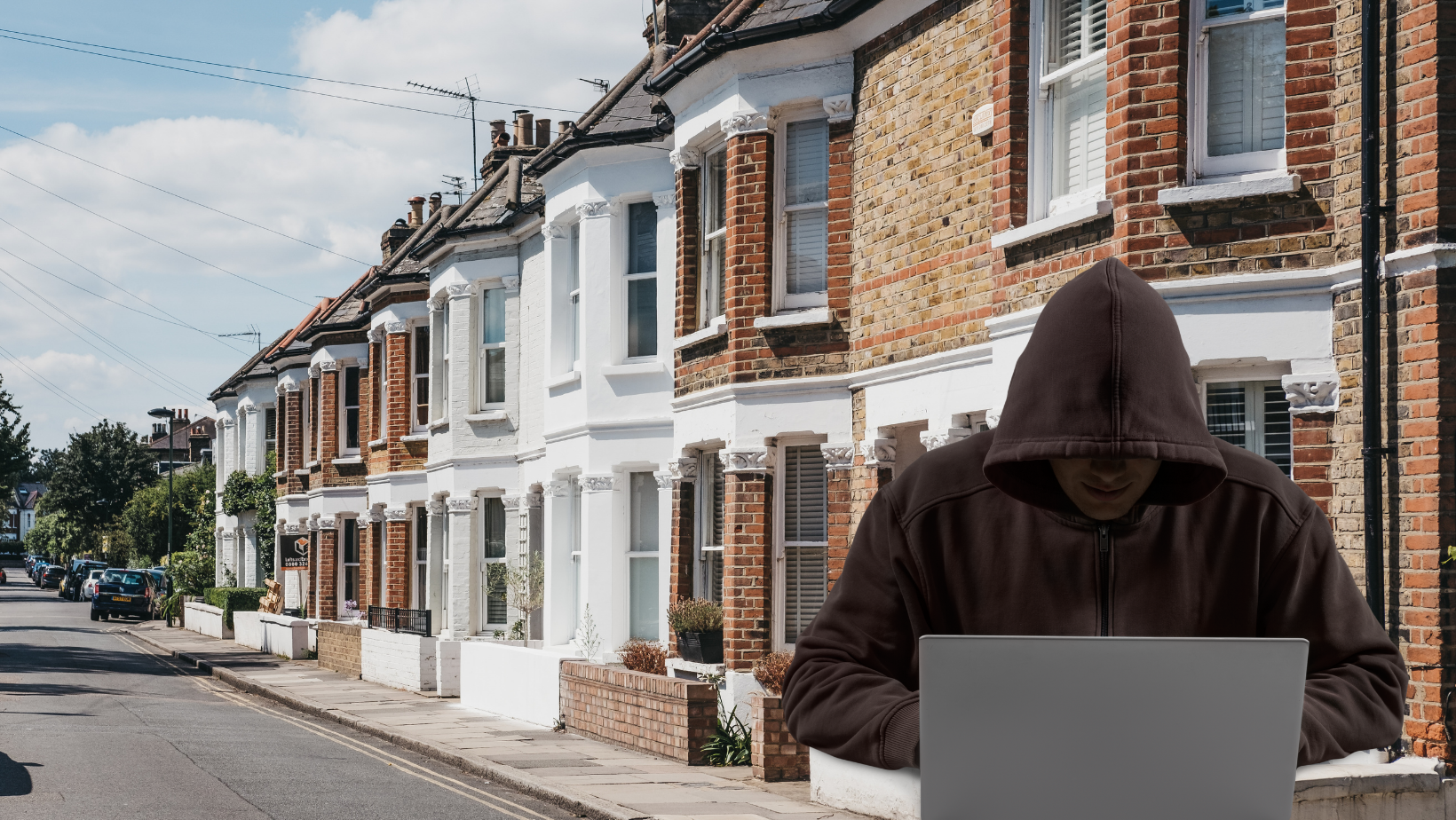We often go to great lengths in our lives to prevent theft, don’t we?
We keep our money in bank accounts, we have anti-theft systems on our vehicles, we lock our valuables in a safe, we have locks on our doors and windows and surveillance cameras… all to keep our most important assets safe – our biggest asset and often, our home.
Have you considered that somebody could try and steal your property?
It happens, as you may have heard recently in the media.
Land Registry has reported that through the pandemic they have noticed a rise in fraudulent claims on unregistered properties.
Is your property unregistered?
In a recent survey, we carried out most owners didn’t even know and had certainly never considered it. If you have owned a property for years and there have been no loans or mortgages, then we would recommend you check.
Steal my property? How is this even possible?
In the UK today, around 15% of freehold land is unregistered, which means if you go to Land Registry and ask “who owns this piece of land or property” they simply cannot tell you. The reason for this is that it did not become compulsory to register a property with Land Registry until 1990, and on inheritance, not until 1998. So, if a property has not changed hands in the last 20 years or more, it is highly likely to be unregistered.
These properties are vulnerable and open to property theft as well as potential problems when looking to sell. Have you got your deeds in a safe place? Do you even have any deeds?
My understanding and interest in this matter has recently been realised by one of my own clients selling a property thinking it would be a straightforward process when actually, it has been a nightmare.
A buyer was found and qualified and an offer was accepted. It soon came to light that the sellers’ solicitor had discovered that not only was this property unregistered, but the sellers have in fact misplaced the deeds. It happens. The owner was now in a residential home and just not in a position to remember, having had generations of his family live in their home. The solicitors have now got the laborious task of not only trying to register the property but also proving to Land Registry that our clients are the true owners.
Our team will resolve this issue for our elderly client, but it is a reminder that it’s better to be proactive now rather than reactive later when you or somebody else must realise that asset.
Property fraud is on the increase and criminals are using increasingly sophisticated tools to help them by using a forged document, impersonating, or stealing the identity of the property owner. Acquiring ‘ownership’ could then lead to fraudulently selling or re-mortgage a property without you ever knowing.
The Land Registry Government site has highlighted below:
“What is property fraud? A fraudster can pretend to be anyone involved in a property transaction such as the owner, buyer, borrower, lender or conveyancer. Property fraud can be very attractive to fraudsters if they successfully persuade a buyer, their conveyancer or a lender into believing they are the true owner. They can then sell or mortgage the property to get cash from either the purchase monies or the mortgage advance. This often involves the impersonation of the registered owner.”
I understand that this may sound concerning but we felt it was important to bring this to your attention. Is your property registered?
If you have any concerns, please just get in touch with me and I will check for you and I will put you in touch with a specialist.
This service is free and without obligation.
Sian
01327 878926
sian@campbell-online.co.uk






















